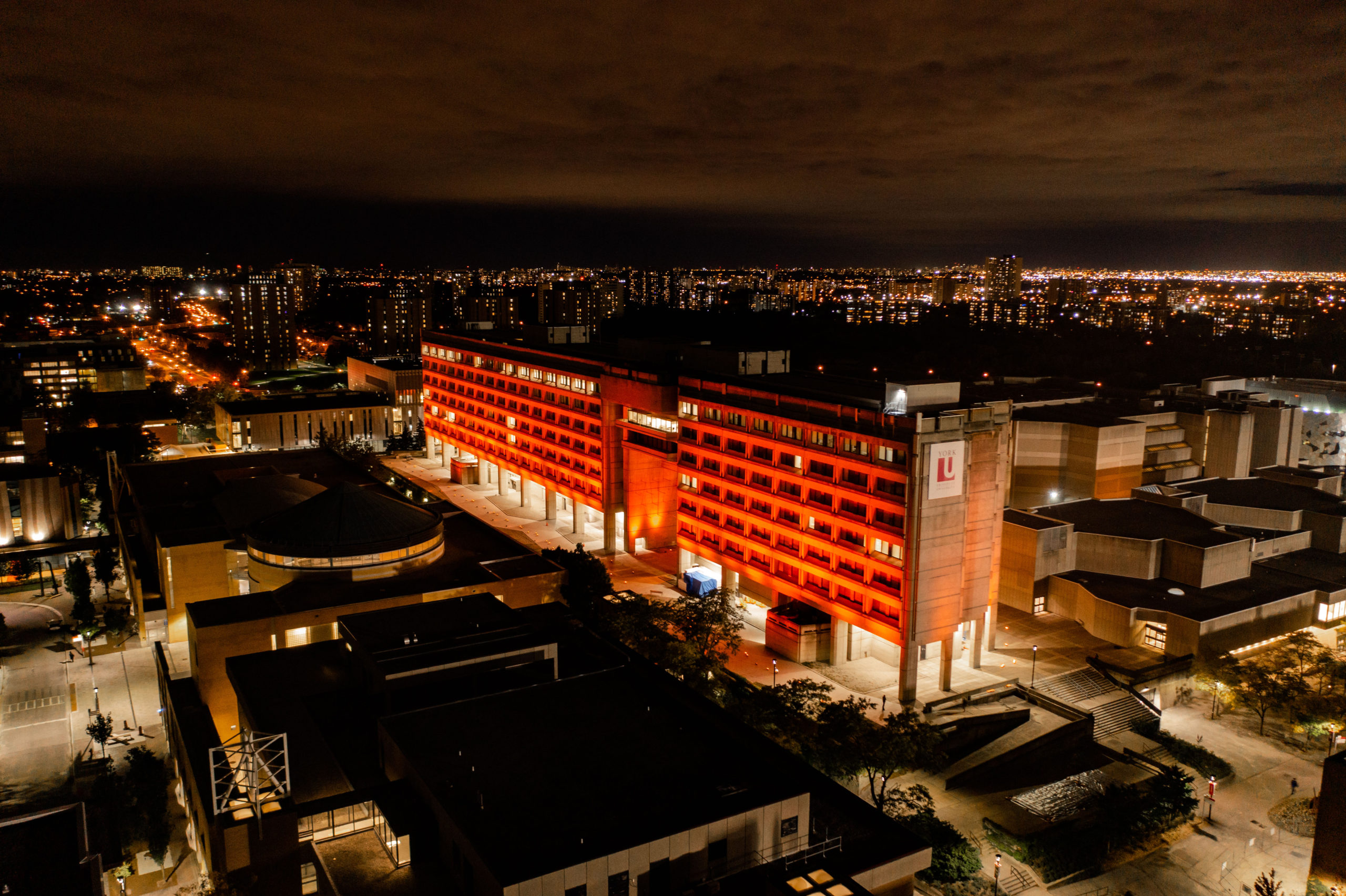On September 30, York held an event for the inaugural observation for the National Day for Truth and Reconciliation.
The holiday was recognized by the federal government earlier this year in remembrance of the victims of the residential school system. The recognition came at the same time that hundreds of children were found in unmarked graves at residential schools across the country.
York President Rhonda Lenton opened the event by emphasizing the holiday’s significance and importance to reconciliation efforts and the need for the public to acknowledge the effects of the residential school system.
“Today is a day for us to reflect on and acknowledge Canada’s participation in colonialist practices and the devastating implications and intergenerational trauma that Indigenous peoples have suffered as a result. The road to reconciliation is long.”
Dr. Sheila Cote-Meek, vice president of equity, people and culture and a member of the Anishinaabe community, reflected on the trauma inflicted upon the victims of residential schools and implored the York community to do the same.
“The fact that there were survivors is a testament to our resilience and strength. But we must also acknowledge that many survivors were left disconnected and the result of intergenerational trauma is still felt today.”
The event included a panel consisting of members of the York community to talk about the meaning of reconciliation in action. The panelists included several faculty members of indigenous descent, including Dr. Sean Hillier and Dr. Randy Pitawanakwat.
Stephanie Scott, the executive director of the National Centre of Truth and Reconciliation, says the holiday was important as it gave the remaining survivors of the residential school system a day to reflect and raise awareness of the effects of residential schools.
“There are far fewer survivors remaining since Canada’s apology — this means that opportunities to listen to and learn from survivors’ first-hand experiences are diminishing. With the little time survivors have left, this national day of reflection helps recognize their voices while they can still tell their truth and experiences themselves and will continue to bring remembrance into the public consciousness of all Canadians for future generations.”
However, Alexus Marticorena, vice president of equity at York Federation of Students (YFS), says much more needs to be done to address inequities affecting Indigenous peoples.
“As this is a small step in the right direction, this isn’t the only step that can be taken by the so-called Canadian government. Indigenous communities for years have stated that reconciliation is dead. Many Indigenous communities also opposed the making of this day a statutory holiday, as they recognized that it would do little to meaningfully impact or support their communities.”
“It is important to continue to work towards holding the so-called Canadian government accountable and push for the calls that Indigenous communities have been advocating for, such as landback and Indigenization of spaces” Marticorena continues.
In addition to the virtual event, York had arranged for the Ross Building at the Keele campus and Glendon Manor at the Glendon Campus to be lit up in orange to honour those affected by the residential school system.




